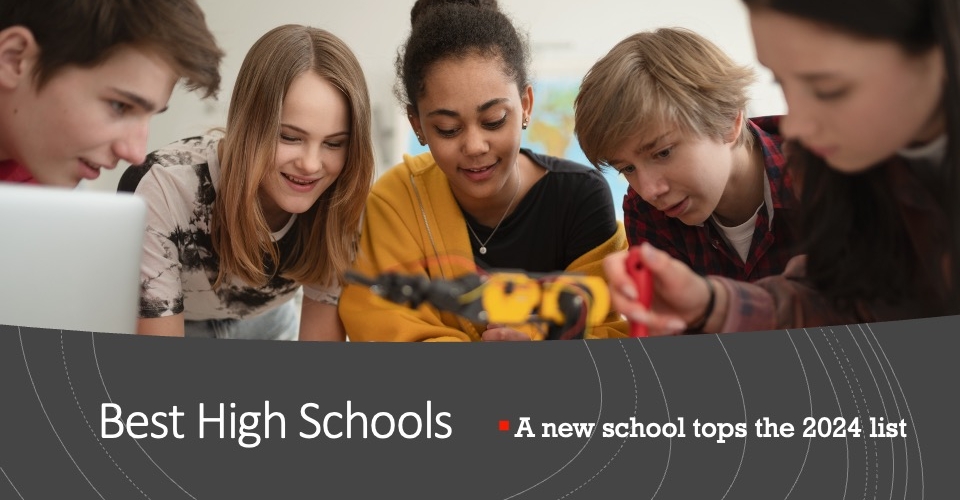K12 schools’ sudden shift to remote learning at the onset of the pandemic was, at the time, their only option. However, their reliance on technology was met with several unintended consequences that students still face today.
According to a new report released last week by the UN Educational, Scientific and Cultural Organization (UNESCO), school closures negatively impacted more than 1.6 billion students from 2020-2022. In order to minimize further disruptions, schools relied heavily on education technology and other tools essential to remote instruction. However, such decisions came at a cost.
The “unprecedented educational dependence on technology often resulted in unchecked exclusion, staggering inequality, inadvertent harm and the elevation of learning models that place machines and profit before people,” the 655-page report declares. The researchers added that online learning created significant learning disparities among students.
“The evidence shows how the uprooting of education from the physical and social sites of schools to technology-reliant remote learning left most learners behind and supercharged inequities,” according to the report.
Additionally, the researchers suggest that although learning was able to proceed despite COVID-19’s disruption, online learning proved to be “of considerably lesser quality than face-to-face education,” regardless of one’s access to the technology.
“[T]he available evidence suggests that learning outcomes declined dramatically when schools closed and emote learning with edtech was deployed as a replacement during the pandemic,” it continues. “This trend was observed in contexts where access to edtech was limited as well as in contexts where the availability of devices and connectivity was not a barrier to education.”
More from DA: These 10 states top the list for being home to the most equitable school districts
The researchers argue that in-person learning should be “guaranteed” even as innovations in technology and connectivity continue. Furthermore, it’s up to administrators to implement edtech solutions with a greater concern for holistic student well-being.
“While academic learning is central to education, it is not the only component,” the analysis reads. “Edtech needs to support the multiple individual and collective purposes of education from socio-emotional and personal development, to learning to live together, with the planet, as well as with technology.”
UNESCO’s analysis also points out that their warning surrounding schools’ overreliance on technology coexists with “a surge in excitement about the educational potentials of newly powerful AI applications.” Yet, the researchers advise key stakeholders to study the analysis as new technologies continue to emerge so that those in education may resist “the temptation to habitually elevate technology as a quick solution to challenges that stem from social causes rather than technical ones.”
“Education is not automatable—nor can it be principally driven by amoral machines, intelligent or otherwise,” the researchers declare. “The future of education needs to be a humanistic one.”









